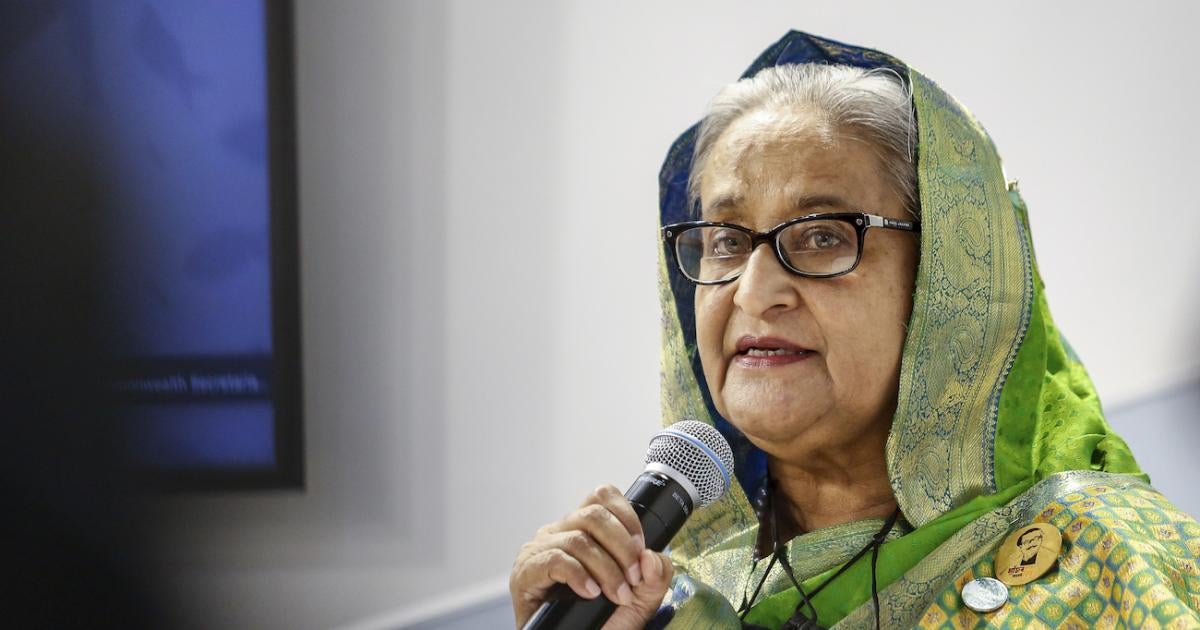Summary
Bangladesh’s International Crimes Tribunal (ICT) has convicted former Prime Minister Sheikh Hasina of crimes against humanity for ordering a deadly crackdown on student-led protests in 2024, she was sentenced to death by hanging in absentia. The verdict, delivered on November 17, 2025, marks a historic moment in the country’s political turmoil and raises questions about accountability, justice, and stability ahead of national elections.
Court Ruling
The three-member tribunal, headed by Justice Md Golam Mortuza Majumder, found Hasina guilty of orchestrating violence that left an estimated 1,400 people dead during the July 2024 uprising. She was tried in absentia, having fled to India after being ousted from power in August 2024. Alongside Hasina, former Home Minister Asaduzzaman Khan Kamal and ex-police chief Chowdhury Abdullah Al-Mamun were also convicted.
Charges and Evidence
Prosecutors presented an 8,747-page charge document, detailing five counts against Hasina and her aides. The tribunal concluded that she gave direct orders to security forces to suppress demonstrations, which included lethal force against students and activists. The ICT described her as the “mastermind and principal architect” of the crackdown.
Political Context
Hasina’s conviction comes as Bangladesh prepares for elections in February 2026 under an interim government led by Nobel laureate Muhammad Yunus. Her party, the Awami League, has been banned from contesting, intensifying political tensions. Supporters have denounced the trial as politically motivated, while the interim administration insists the process was independent and necessary for justice.
Security Measures
Dhaka has been placed under tight security, with military and paramilitary forces deployed to prevent unrest. Authorities fear the verdict could spark fresh violence, as Hasina’s loyalists vow to resist what they call a “predetermined judgment.”
International Reaction
Global observers, including the United Nations, have expressed concern over the scale of the crackdown and welcomed accountability measures. However, questions remain over whether the ruling will deepen divisions or pave the way for reconciliation in a nation still reeling from political upheaval.
Sources: Mid-Day Mathrubhumi English The Times of India RTÉ Aljazeera DW



